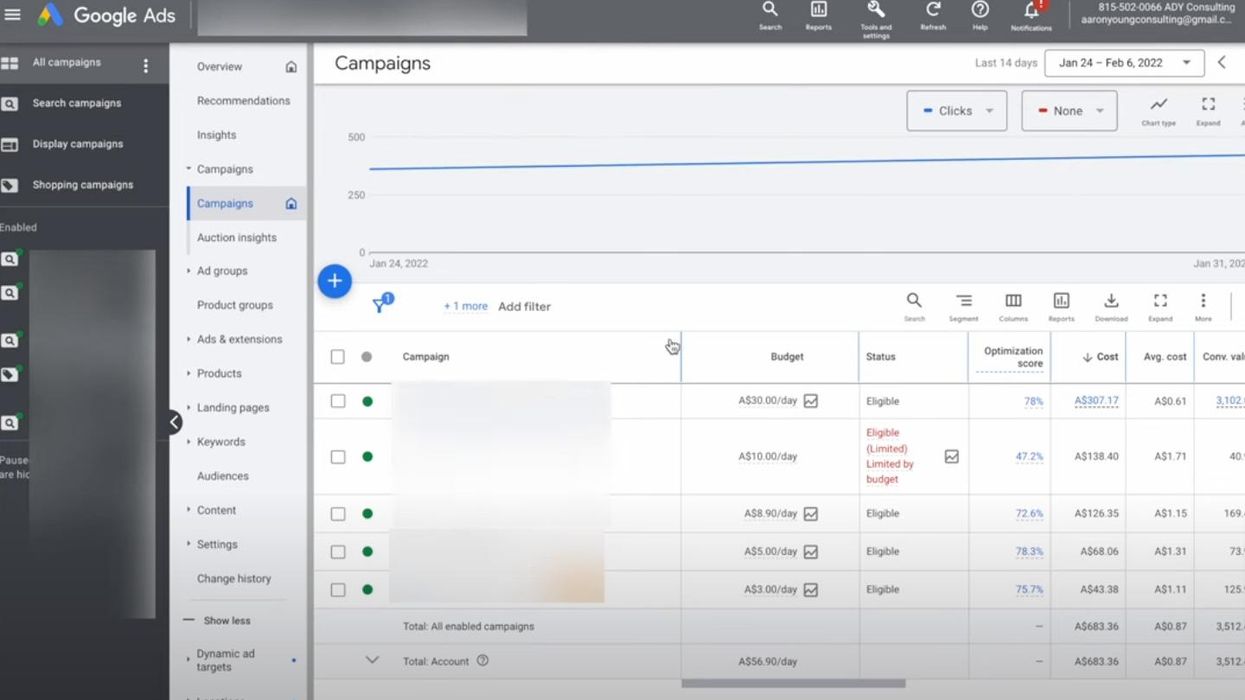More Google Searches For Project 2025 Than Taylor Swift Or NFL
With four months to go before Election Day, Google search results are showing one major political topic currently attracting Americans' interest more than even professional sports and pop culture: Project 2025.
On Wednesday, MSNBC host Ari Melber showed a graphic of trending Google search results in the week following President Joe Biden's first televised general election debate with former President Donald Trump. Google showed that searches for the far-right authoritarian Project 2025 playbook describing the GOP's policy agenda for a second Trump term outpaced searches for pop star Taylor Swift, and the National Football League (NFL).
"More people are looking into this controversial project than even the woman you see on your screen, who is of documented fascination to so many people around the world," Melber said, as he showed images of Swift and her sold-out Eras Tour on the screen. "Shout out to Taylor. I don't mean to bring her too deep into politics."
"I'm not talking about just news watchers or political junkies or even just, say, Trump foes," he continued. "You don't get past those Taylor [Swift] and NFL levels without a heck of a lot of people searching Project 2025... But as Trump walks away from it, a heck of a lot more people are now reading up about something Donald Trump himself wants to disown."
"People are looking into this," he added.
As Melber noted, the former president has been trying to distance himself from Project 2025 in the last week with little success. On July 5, Trump posted to his Truth Social platform that he found some of its proposals "absolutely ridiculous and abysmal," though he didn't specify which ones. He also insisted he had "no idea" who was behind it, but that he "wish[ed] them luck."
On the same day of Trump's post, Google Trends showed that "Project 2025" was the fifth-most popular search in the United States ("Supreme Court" was the first). And CNN reporter Alayna Treene tweeted: "Many people involved in Project 2025 are close to Trump world & have served in his previous [administration]."
Former U.S. Secretary of Labor Robert Reich also blasted Trump over his Project 2025 denial in a column for the Guardian, pointing out the numerous former Trump White House staffers who are now closely tied to Project 2025. Russ Vought — his former Office of Management and Budget director – is the head of the Center for Renewing America, which is one of the main partner organizations supporting Project 2025. Former White House Presidential Personnel Office director John McEntee is also a senior advisor to Project 2025.
One of the primary objectives of Project 2025 is to pre-screen tens of thousands of potential appointees to a second Trump administration, and then place them strategically throughout federal agencies after Trump signs an executive order dubbed "Schedule F." As comedian John Oliver discussed in detail on his HBO show "Last Week Tonight," numerous employment protections for federal workers would be eliminated under Schedule F, allowing the number of presidential appointees to drastically increase from roughly 5,000 to more than 54,000.
After placing pre-vetted appointees throughout federal agencies (who are screened primarily based on their loyalty to Trump and the MAGA agenda), Trump — or any Republican president — would be able to implement policies with little interference from Congress and the courts. Some of the more controversial policies include ending no-fault divorce, banning abortion nationwide with no exceptions for rape and incest, banning books about slavery in schools and defunding the FBI and the Department of Justice, among others.
Reprinted with permission from Alternet.












